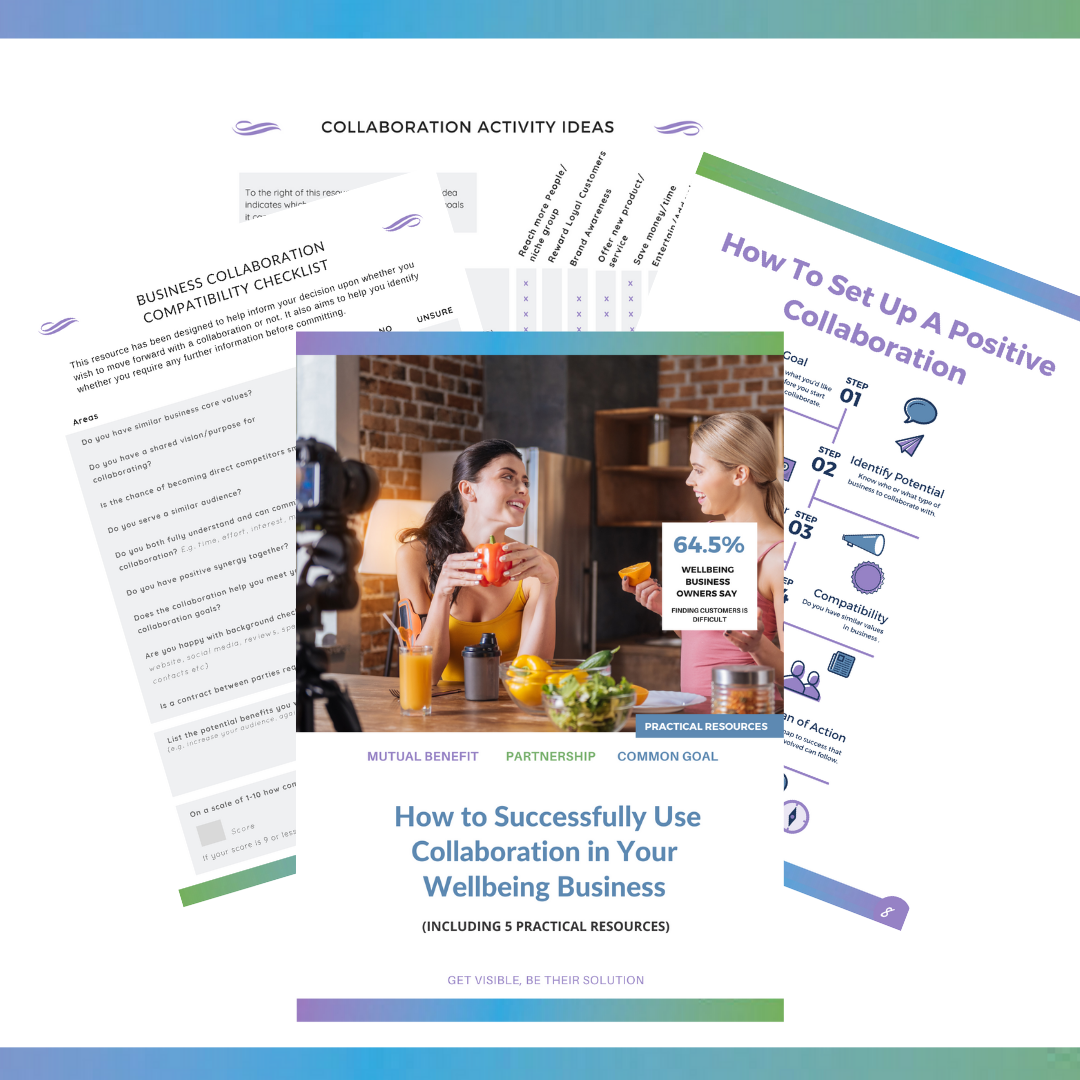Adjusting to Life Events
6th Jun 23
Adjusting to life events means the process of adapting and coping with significant changes or experiences that occur within our lives.
We can often perceive these as negative. However, life events can range from positive transitions such as starting a new job, getting married, or having a child, to challenging situations like the loss of a loved one, divorce, or a major illness.
As we go through our lives we can often be taken by surprise by an unexpected event. If we have not learnt how to be resilient to difficult times we did not anticipate, we can be left feeling all at sea and out of control.
In my own life, I have become aware of how being a part of the human species means we are all living longer and how this can also mean we can become no longer able to care for ourselves. So, if our family cannot give the care that is needed, we move into the realm of the care home.
My mother is, as I write, living in a private home, thankfully in the town in which I live. She has been there for nearly 3 years now starting at the beginning of the pandemic.
For me this situation is running alongside my own life and wellbeing therapy business. The emotional roller coaster of having a parent living in care has been a hard one to adjust to.
My visits are not happy ones, as she now is unable to do anything for herself and after many happy years with a happy healthy family she would rather just slip away.
So, the effect on me is an over-riding feeling of responsibility for her position and the feeling of helplessness to change anything for her.
Resilience Within Life
This is where I have had to learn to turn my attention to my health and being resilient to living with this challenging situation.
Our thoughts create our feelings and in turn our mental health and if we do not protect and change our thoughts, they will in turn reduce our wellbeing.
So, I can still love and visit my mum, but it is not my responsibility that the end of her life has had to be in care.
It is sad but not my responsibility that she is unhappy.
Our mental health can be as important, if not more damaging than physical health. Facing unexpected life events can be challenging, but by adopting certain strategies, you can navigate through them with resilience and adaptability.
Here are some tips for effectively adjusting to life events.
1. Putting things within your life into perspective
When faced with an unexpected life event, it’s crucial to step back and gain perspective. Assess the situation objectively and try to understand the broader context. By acknowledging the significance of the event in the grand scheme of things, you can avoid excessive worry and focus on finding solutions.
2. Releasing yourself from situations outside your control
Recognise that not everything is within your control. Some events are beyond your influence, and trying to hold onto them will only cause frustration and anxiety. Instead, learn to let go and accept the aspects that are beyond your control. Redirect your energy towards things you can influence and change.
3. Focus on what you can do within your life
Rather than dwelling on the limitations imposed by the unexpected life event, concentrate on what you can do within your current capabilities. Identify the resources, skills, and support systems available to you and leverage them to make progress. By focusing on what you can control and taking action, you regain a sense of empowerment and forward momentum.
4. Be aware of negative thoughts around the life situation
It’s natural to experience negative thoughts and emotions when facing unexpected life events. However, it’s important to be aware of these thoughts and consciously challenge them. Recognise that negative thoughts often stem from fear, uncertainty, or self-doubt, and try to reframe them into more positive and constructive perspectives. Cultivating a positive mindset can enhance your ability to cope with the situation.
5. Prioritise your wellbeing and self-acceptance
During challenging times, it’s vital to prioritise your own wellbeing. Take care of your physical, emotional, and mental health by engaging in activities that bring you joy, practicing self-care, and seeking support from loved ones or professionals if needed. Embrace self-acceptance and realise that it’s okay to have limitations or to ask for help. Loving yourself unconditionally and acknowledging your worth will strengthen your resilience in the face of life events.
6. Put some boundaries in place around yourself
Setting boundaries is an essential aspect of maintaining control and emotional stability during a life event. Clearly communicate your needs and limits to others, ensuring that you have the space and support you require. Establishing boundaries also involves recognising when to say no and not overextending yourself. By creating these boundaries, you regain a sense of empowerment and protect your emotional wellbeing. Inevitably, you will feel much more in control of your life.
By implementing these helpful tips, you can approach unexpected life events with resilience, adaptability, and a focus on personal wellbeing. Remember that adjusting to new circumstances takes time. Just like I do within my current life event, be patient with yourself and celebrate the progress you make along the way.
Disclaimer: The information contained on this Site is provided for general educational purposes only and is not intended to diagnose, treat, cure, or prevent any disease or health condition. Please consult a qualified health care professional to diagnose your health condition and prevent self-diagnosis. We do not dispense medical advice or prescribe or diagnose illness. Read full medical and health disclaimer.


























